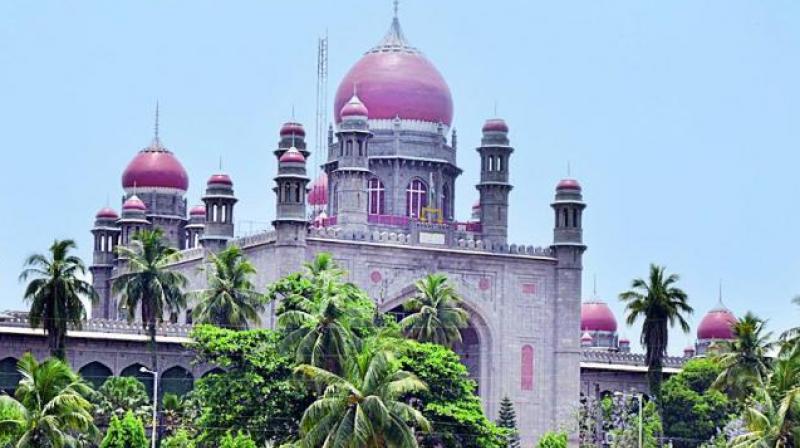Telangana High Court slams police for power abuse

HYDERABAD: The Telangana High Court on Monday came down heavily on the police personnel over the instances of their power abuse in the state, while dealing with a public interest litigation filed by the Peoples Union for Civil Liberties, seeking a judicial probe into the custodial death of a Dalit woman Mariyamma at Adda Gudur police station in Yadadri Bhuvanagiri district.
A division bench comprising Chief Justice Hima Kohli and Justice B. Vijaysen Reddy observed that it was unfortunate that the law keepers were becoming lawbreakers by taking law into their own hands. These types of incidents shall be taken as serious, the bench said.
On the incident of Mariyamma’s custodial death, the court had earlier ordered re-autopsy and directed the first class judicial magistrate, Alair, to conduct a judicial probe into the issue and to submit the report.
On Monday, the court was informed by advocate general B.S. Prasad that the judicial probe was conducted and they were awaiting report of re-post mortem, which was conducted on July 12.
Further, the advocate general informed the court that a sub-inspector of police and two police constables involved in the lock-up death of Mariyamma were dismissed from service. Compensation to the tune of Rs 15 lakh was provided to the family members of Mariyamma and a government job was given to the son of the victim.
Reacting to it, the bench questioned how could all these justify the death of their family member. “How can they bring back the life of the deceased? This type of incidents should not occur,” the court opined and questioned why the CCTV cameras in the said police station were not repaired when they were not working for several days before the lockup death happened.
While adjourning the PIL to September 15 2021, the court directed the Telangana government to file a fresh counter affidavit duly furnishing the details along with the re-post mortem report.

